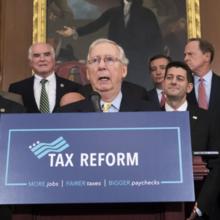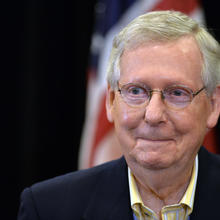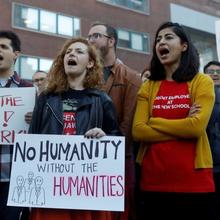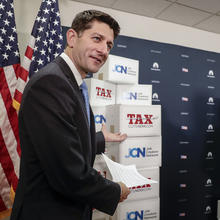Loading...
Click here if you don’t see subscription options
Click here if you don’t see subscription options
Politics & SocietyShort Take
Why not tax individuals for what they take out of society instead of what they contribute?
Politics & SocietyEditorials
For poor and lower middle-class taxpayers, the bill will mean regressive tax hikes after a few years.
Politics & SocietyNews
The letter called for a reversal of the bill’s plan to gradually increase taxes on taxpayers in the lowest income brackets while maintaining tax cuts for higher earners, including the most wealthy.
FaithDispatches
“No tax reform proposal is acceptable that increases taxes for those living in poverty to help pay for benefits for wealthy citizens.”
Arts & CultureTheater
Three plays invite us to look back on the decade that launched Trump as a time of churning ambivalence and upheaval.
FaithIdeas
Hart argues that the New Testament condemns not only wealth but virtually all private possession.






